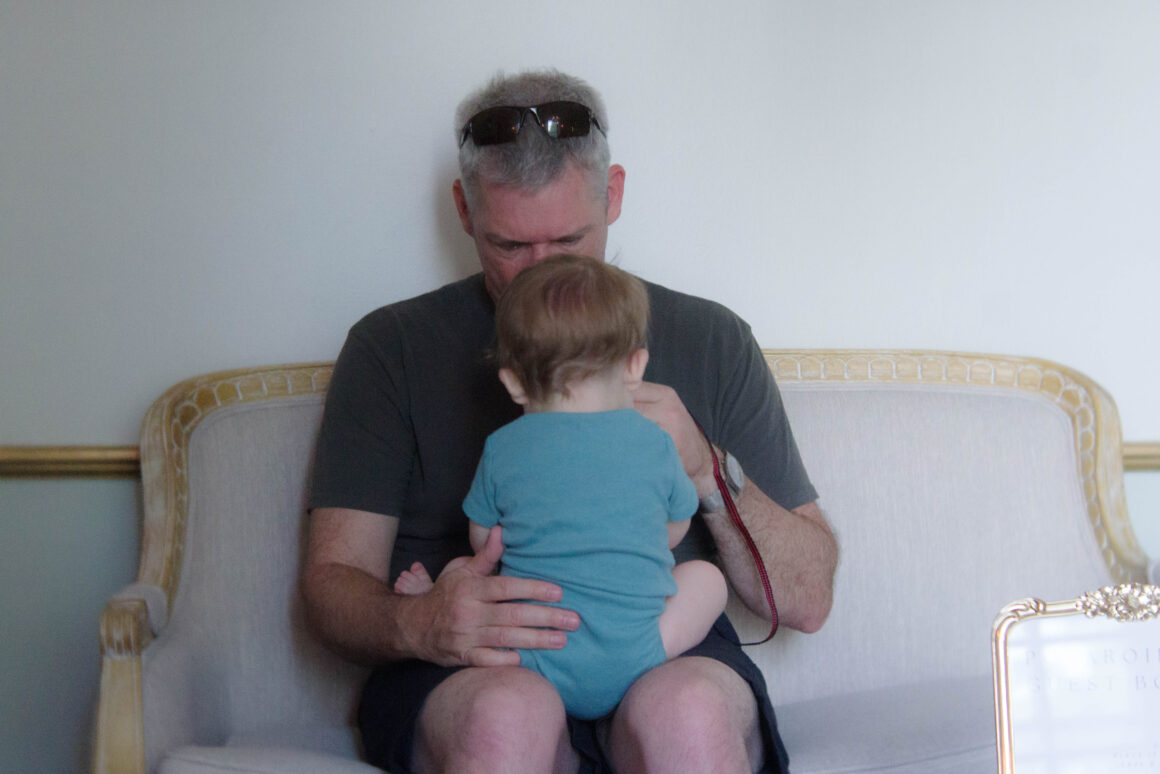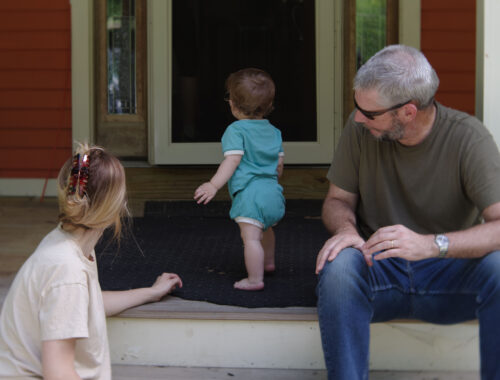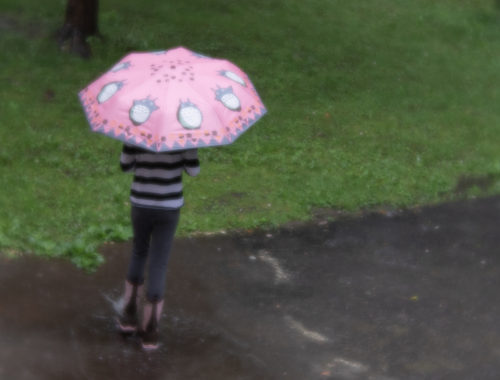
I Will Just Keep Reading, Thinking, and Writing
And you?
I seldom hold a book in my hands and think, “Somebody wrote this crap?” or “Why on earth did anyone see fit to publish this?” There have been a few—what comes immediately to mind are one on self-publishing (the author might have gotten books into print, but she probably shouldn’t have) and one on body language (the co-writer hired to help the former army interrogator get his thoughts into words must have been a family friend or had something on the managing editor). That doesn’t mean I don’t think people should try, I just think that they should—I don’t know—be more patient or be more willing to pay people with different strengths to help them produce a better book.
None of that has stopped me from buying books and I can’t imagine anything that would. In fact, just this morning, I pulled a recent acquisition off the shelf (one of William Stafford’s on writing) and put another back (one of Jane Hirschfield’s on poetry).
I’ve decided that I have a love/hate relationship with Stafford. I appreciate the words he published before he died, but I don’t know that I would have appreciated him as a person. That’s okay. As my husband is wont to say, “You can’t have everything; where would you put it?”
So, Writing the Australian Crawl is a collection of essays on the art/calling/pedestrian task of expressing oneself through the written word. Thus far, I’ve read the first of Stafford’s essays and, if nothing else, I like the way he ends it. He wrote the thing, apparently, as an introduction to a poetry anthology of some sort, and he mentions a poem near the beginning of the book that includes a girl screaming and one near the end that contains the line, “I … see, hear, and am silent.” About the speaker of the latter poem, Stafford goes on, “But he says it, and in the saying, he has not wasted his life. He has made a move. Now it is your move.”
Okay. Challenge accepted.
***
Stafford died in 1993, before social media came along and invited everyone to publicize their every thought, opinion, and meal. But like everything else, this phenomenon is not black and white. Social media is good and bad and in-between. What gets expressed there is good and bad and in-between. Further, there are people in the world who are better off—in some way—for having transferred their thoughts to the relatively concrete world that is the Internet, just as there are plenty of people who regret ever having opened the app. If I were going to generalize, though, I’d have to say that the real world gets a little better each time a person genuinely shares and a different person genuinely tries to understand.




